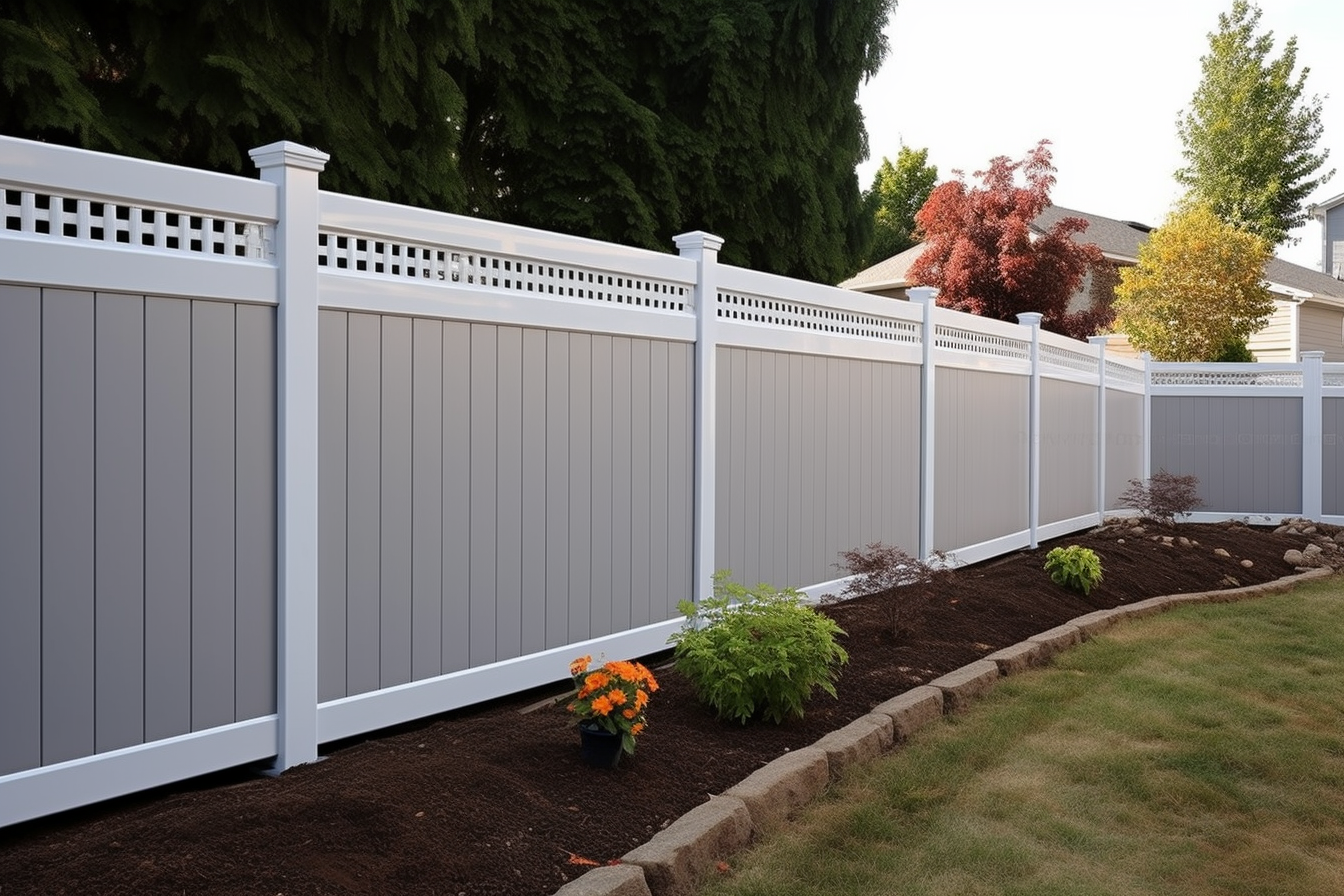Garden Fence Costs and Installation Factors in 2025
Installing a new garden fence involves various considerations that directly impact your budget and property value. Understanding the financial aspects of fencing projects helps homeowners make informed decisions about materials, installation methods, and timing. From basic panel systems to premium hardwood installations, garden fencing costs vary significantly based on multiple factors including material choice, property size, ground conditions, and local labour rates.

Garden fencing serves multiple purposes beyond simple boundary marking, providing privacy, security, and aesthetic enhancement to residential properties. The financial investment required for a quality fence installation depends on numerous variables that homeowners should carefully evaluate before committing to any project.
Average Costs of New Garden Fences in 2025
Current market rates for garden fencing reflect ongoing material price fluctuations and increased labour costs across the construction industry. Basic panel fencing typically ranges from £25 to £45 per linear metre for materials alone, while premium hardwood options can exceed £80 per linear metre. Installation costs generally add another £15 to £30 per linear metre, depending on ground conditions and access requirements.
Close board fencing, popular for its durability and privacy benefits, usually costs between £40 and £65 per linear metre including installation. Concrete post and gravel board systems add approximately £8 to £12 per linear metre to the overall project cost. These figures represent typical market rates but can vary significantly based on regional differences and specific project requirements.
Factors Influencing Garden Fence Installation Prices
Several key elements determine the final cost of garden fence projects. Ground conditions play a crucial role, with rocky or clay-heavy soil requiring additional excavation work and potentially concrete foundations. Properties with significant level changes need stepped installations that increase both material and labour requirements.
Access limitations can substantially impact installation costs. Narrow side passages, restricted vehicle access, or the need to carry materials through properties typically result in higher labour charges. Existing fence removal and disposal add approximately £5 to £10 per linear metre to project costs.
Material quality significantly affects pricing structures. Pressure-treated softwood panels offer the most economical option, while cedar, oak, or composite materials command premium prices. Additional features such as decorative tops, integrated planters, or custom gate installations further increase overall project costs.
Trends and Pricing Insights for Modern Garden Fencing
Contemporary garden fencing trends emphasise sustainability and low maintenance requirements, influencing material choices and pricing patterns. Composite fencing materials, while initially more expensive, offer long-term value through reduced maintenance needs and extended lifespan expectations.
Vertical board designs and mixed-material installations are gaining popularity, often combining wood with metal or concrete elements. These contemporary styles typically cost 15-25% more than traditional panel installations but provide enhanced visual appeal and durability.
Seasonal pricing variations affect project costs, with spring and summer installations generally commanding higher rates due to increased demand. Winter installations may offer cost savings but can face weather-related delays and complications.
| Fence Type | Material Cost per Metre | Installation Cost per Metre | Total Cost Range |
|---|---|---|---|
| Basic Panel Fence | £25-£35 | £15-£20 | £40-£55 |
| Close Board Fence | £35-£50 | £20-£25 | £55-£75 |
| Premium Hardwood | £60-£80 | £25-£30 | £85-£110 |
| Composite Fencing | £70-£100 | £20-£25 | £90-£125 |
Prices, rates, or cost estimates mentioned in this article are based on the latest available information but may change over time. Independent research is advised before making financial decisions.
Planning Your Garden Fence Investment
Successful fence installations require careful planning and realistic budget allocation. Property surveys help identify potential complications such as underground utilities, boundary disputes, or planning permission requirements. These preliminary steps can prevent costly project delays and modifications.
Obtaining multiple quotations from local contractors provides valuable market insight and helps identify competitive pricing. Reputable installers typically provide detailed breakdowns covering materials, labour, waste disposal, and any additional services required.
Timing considerations affect both cost and installation quality. Avoiding peak demand periods and allowing flexibility in scheduling can result in more competitive pricing from contractors seeking to fill gaps in their work schedules.
Quality garden fencing represents a significant property investment that enhances both functionality and aesthetic appeal. Understanding the various cost factors and current market trends enables homeowners to make informed decisions that balance budget constraints with long-term value expectations. Proper planning and professional installation ensure optimal results that provide years of reliable service and property enhancement.




